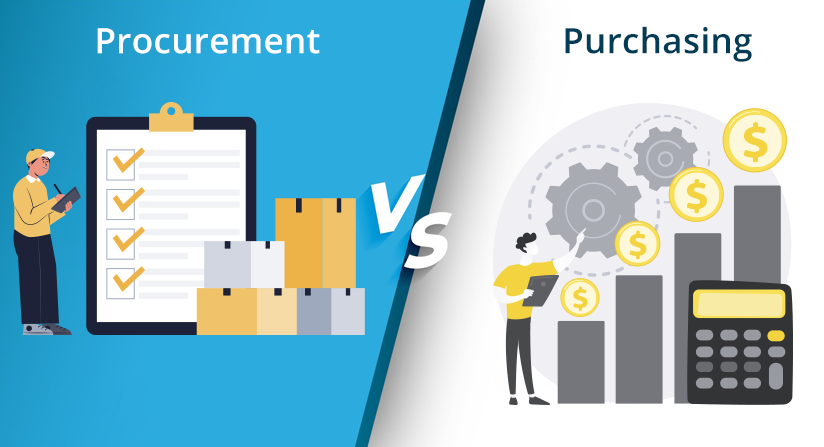“Cloud computing is a great euphemism for centralization of computer services under one server.” – Evgeny Morozov, author and technology skeptic
Do you use cloud technology in your business?
If your answer is a ‘yes’, you are one of the many tech-savvy businesses. And, if your answer is a ‘no’, then you could be making the biggest blunder. How? Let’s see.
Don’t you send emails to your colleagues and customers? Don’t you use Facebook, Twitter, WhatsApp, or Skype? So, if you indulge in these internet activities, you are a cloud platform user. On a cloud platform, you are assured that the photos you post, documents you share, and data you store are safe and secure.
We cannot imagine a life without cloud computing.
Small and mid-sized businesses are fortunate enough to invest in subscription-based cloud-based software which manages every piece of data in a hassle-free manner.
However, there are still many SMBs that find cloud technology nebulous. In a survey conducted by Wakefield (a market research firm), 54% of the small and mid-sized businesses stated they had never used cloud technology in their business processes. However, it was later found that 95% of this figure was already a part of the cloud platform and they were unaware of this fact.
SMBs indeed resist changes, as they fear cost and risks. They are unaware of its aftermath. In this blog, we will demystify the basics of cloud computing and how it can help SMBs grow and flourish while saving time and money.
What are the myths regarding cloud computing?
- Cloud is not secure
- Cloud is harmful to the environment
- Transitioning to the cloud requires more time, effort, and money
- Cloud runs itself
- Cloud is not suitable for mission-critical use
Facts about cloud computing security
Cloud is highly secure and there is no doubt about that. SAP, Oracle, Microsoft, Amazon are the big boys that take care of the safety of the data that is on the cloud. With the largest set of native cloud services, these vendors host emerging technologies like Blockchain, Artificial Intelligence, IoT, etc. Thus, investing in reliable cloud software, which has a global infrastructure, can transform your business drastically.
As per a survey, cloud computing’s growth potential can be assessed by the fact that by the year 2020, it would be worth a huge 157 billion pound industry.
Gartner’s research claims, a corporate “no-cloud” policy will be as rare as a “no-internet” policy is today. This means, almost every organization will have data and software hosted on the cloud.
Is cloud computing that easy and feasible?
In simple words, cloud computing is – instead of working on desktops and computer hardware inside the organization’s network, it is offered as a service from another company and you can access it on the web. It is a seamless experience and does not cost you an arm and a leg. You no longer have to worry about updating software or managing IT personnel and on-premise hardware. You and your employees are free to work from anywhere in the world.
It is understandable to be concerned about handing over data to a third party. However, reliable vendor partners handle critical security patches, which allows users to stay secure.
Cloud has three deployment models:
- Public cloud
- Private cloud
- Hybrid cloud
Every business is unique and so are its prerequisites. Depending on your company’s needs, you should choose the most suitable cloud deployment model that can handle your main business objective.
Public cloud – The infrastructure will be on the premise (datacenter) of the cloud vendor but will be accessible to everyone who wants to use it. Users have limited control over the infrastructure’s location. They just pay a monthly subscription fee for this IT infrastructure.
Private cloud – It is hosted on your premise or data center. Comparatively, the private cloud is more secure, agile, and reliable. You have your own IT support staff, data center, and infrastructure.
Hybrid cloud – As the name suggests, combines the features of both private and public cloud. Some data and software are located internally on-premise and some are hosted online.
Layers of cloud
With the evolution of technology, business owners are fortunate enough to access business software such as e-mails, file-sharing software, collaboration software such as Salesforce CRM, Google apps, Go to Meeting, cloud ERP, etc. from any remote location. It is known as Software as a Service (SaaS).
When you host the Operating system on the cloud, or app development websites on the cloud and the hosting vendor manages the system, this is known as Platform as a Service (PaaS). Examples are Amazon Web Services, Windows Azure, Engine Yard, and more.
Infrastructure as a Service (IaaS) is when the cloud vendor rents offsite servers, hardware, and network to the business that manages it. Example – Amazon Virtual Private Cloud, Red Hat, Rackspace, etc.
For more inquiries about cloud computing for SMBs, feel free to contact us here.
About OptiProERP
OptiProERP is a suite of business management software that includes Production Management, CRM, Quality Control, Supply Chain Management, and other modules. It’s a manufacturing ERP solution designed for continuous success for your business.
Follow Us










